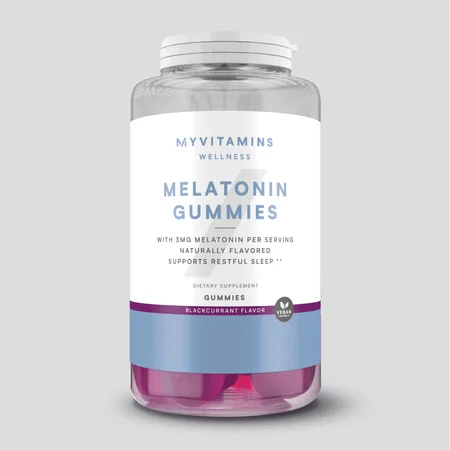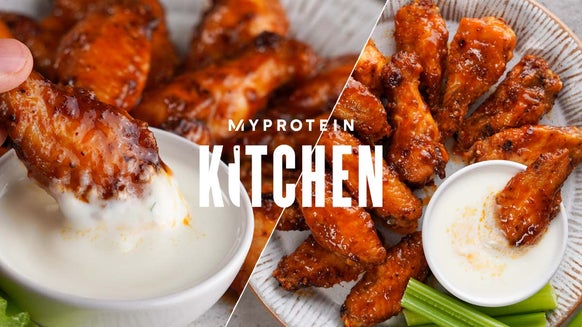5 Ways To Avoid The “Freshman 15” This Semester

The start the the fall semester is on the horizon and you’re probably thinking of ways you can avoid any unwanted college weight gain. Whether you’re an upperclassman or a freshman worried about the infamous “Freshman 15”, a little weight gain is common during these four golden years.
Luckily, adding 15 pounds to the scale because of the college lifestyle is uncommon for freshmen. In fact, recent studies show that the best estimate for what freshmen really gain in their first year at college is around 7 ½ pounds for those who experience weight gain. 1
There’s nothing wrong with gaining a little weight, especially if that’s one of your goals. On the other hand, if gaining weight is not on your agenda this semester, take a look at the tips below.
Here are 5 ways to avoid the “Freshman 15” this school-year.
1. Don’t Drink Empty Calories
As a freshman, you should not be drinking alcohol. But hey, we went to college. If it’s going to happen, there’s some things you should know about alcohol and fitness.
Remember that alcoholic drinks contain “empty calories”, calories with no nutritional value. In addition, alcohol is detrimental to muscle growth. In fact, drinking alcohol has been shown to inhibit protein synthesis or the absorption of protein into your muscles. 2
In turn, drinking alcohol may prevent you from reaching your fitness goals whether you’re trying to get toned or add solid mass.

2. Don’t Skip Breakfast
When you’re on a tight academic schedule, it’s easy to rush out of the door without grabbing something to eat in the morning. But don’t underestimate the importance of your morning meal for weight management.
Studies suggest that eating breakfast within two hours of waking up stimulates fat burning to produce the energy you need to carry on throughout the day.3
Think of breakfast as coffee for your metabolism. What coffee does to your hazy morning brain is similar to what breakfast does for your metabolism. It kick-starts it, giving your body energy for the rest of the day while burning fat.
3. Get a Good Night’s Sleep
In addition to breakfast, sleep is an important player in weight management. Benefits of a good night’s rest include appetite control, increased athletic performance, and increased metabolism, all of which can prevent you from gaining that dreaded “Freshman 15”. 4,5,6

Furthermore, not getting enough sleep has been linked to weight gain and obesity. This is due to the fact that Ghrelin, the hormone responsible for promoting hunger, increases without sufficient sleep while leptin, the hormone associated with satiety or feeling full, decreases. 7
We recommend getting six to eight hours of sleep per night.
4. Be Careful in the Cafeteria
Chances are, you are probably going to be on a college meal plan, which means “The Caf” is either going to be your friend or foe. Don’t worry, keep these things in mind for trips to the college cafeteria and you’ll be set.
- Choose breakfast wisely. Load up on oats and watch the fat content.
- Take advantage of the salad bar. Build your own bowl and eliminate or go light on the cheese.
- Control your portions and keep your food groups balanced.
- Substitute your desserts for fruit.
5. Workout with Friends
This semester, try to find a group of friends around the same body type. Together, set a goal and go after it. This makes things easier.
You can bug each other about getting off the couch and getting in the gym, feed off each other’s progression, and push each other to get better. There are few things more motivating than a little friendly rivalry between friends.

The Bottom Line
A little weight gain in college happens to everyone. These are simply some things to keep in mind if you are worried about the “Freshman 15”. Other things to add would be making sure you are drinking enough water, managing stress, and not skipping meals.
Ultimately, if you follow these steps along with the correct diet and exercise, you’ll be un-phased by the not always so healthy college lifestyle.

A Fordham University graduate, Ian majored in communications and media studies with a focus in journalism and a minor in anthropology during his time at college. Here, he wrote for the university newspaper ranked top ten in the nation.
A competitive athlete for most of his life, Ian has spent almost a decade working as an ocean rescue lifeguard in New Jersey. Within that role, he has competed in endurance sports competitions against other lifeguards for the last 8 years.
As a lifelong surfer, Ian spends most of his spare time in the ocean regardless of the time of year. He also enjoys distance running, photography, and frequently spending entirely too much money on concert tickets.
- Foster, Charlie. A Meta-Analysis of Weight Gain in First Year University Students: is Freshman 15 a Myth?. NCBI. 2015.
- Parr EB, Camera DM, Areta JL, et al. Alcohol ingestion impairs maximal post-exercise rates of myofibrillar protein synthesis following a single bout of concurrent training. PLoS ONE. 2014;9(2):e88384. DOI: 10.1371/journal.pone.0088384
- Macmillan, Amanda. How Eating Breakfast Can Help Your Metabolism. Time. 2017.
- Ling, Lin. Short Sleep Duration is Associated with Reduced Leptin, Elevated Ghrelin, and Increased Body Mass Index. NCBI.
- McReynolds, A. Sleep Restriction Leads to Increased Activation of Brain Regions Sensitive to Food Stimuli.
- Mah, CD. The Effects of Sleep Extension on Athletic Performance of Collegiate Basketball Players. NCBI. 2011.
- Gugleilmo, Beccuti. Sleep and Obesity. NCBI. 2013.









